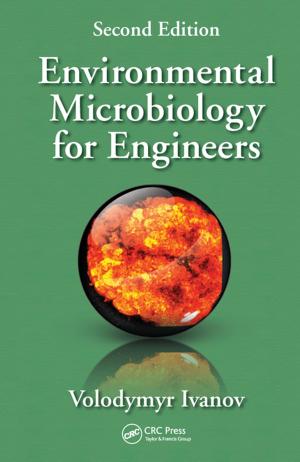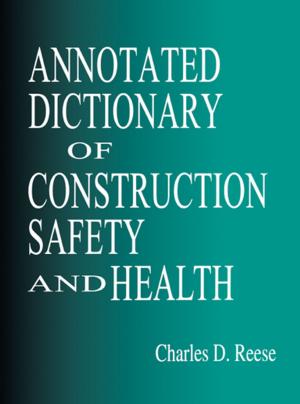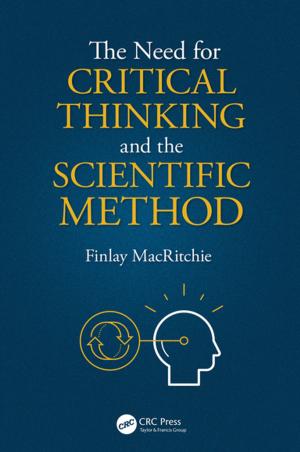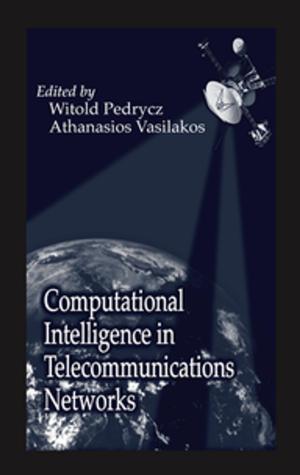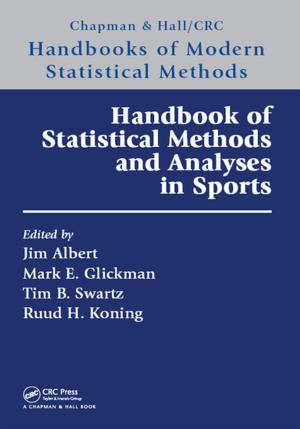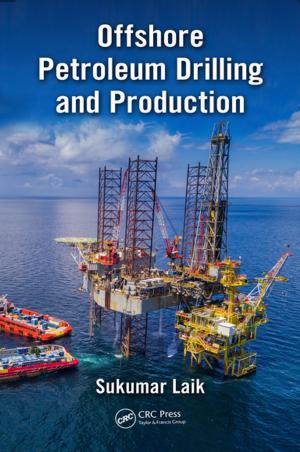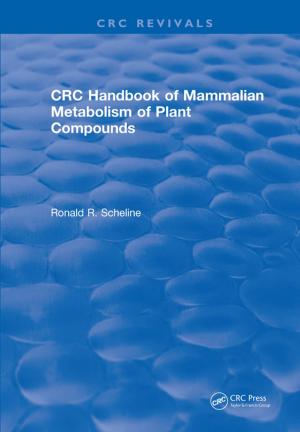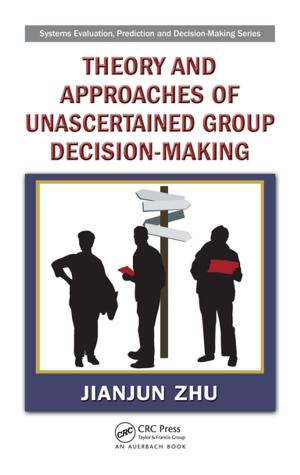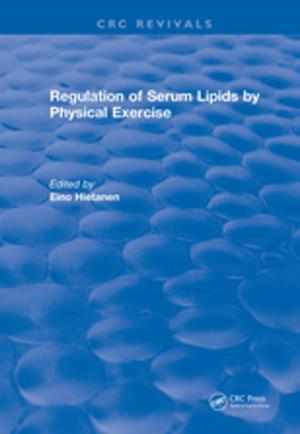Remediation and Management of Degraded Lands
Nonfiction, Science & Nature, Science, Biological Sciences, Environmental Science| Author: | MH Wong | ISBN: | 9781351418966 |
| Publisher: | CRC Press | Publication: | May 4, 2018 |
| Imprint: | Routledge | Language: | English |
| Author: | MH Wong |
| ISBN: | 9781351418966 |
| Publisher: | CRC Press |
| Publication: | May 4, 2018 |
| Imprint: | Routledge |
| Language: | English |
Remediation and Management of Degraded Lands presents the program of the first International Conference on the Remediation and Management of Degraded Lands. This collection reviews the extent of resource debasement and offers solutions for their restoration.
The 14-part first section deals with mine management and rehabilitation. Topics include the devastating results of open-cut mining, open-pit mining, lignite surface mining and acid mining. Despite such ruin, the articles reveal the possibilities for reclamation.
Part two devotes nine chapters to the management of derelict lands. Reforestation, soil fertility prognosis, and the uses of nitrogen are just a few of the covered subjects. This portion of the book pays special attention to the successful results of remediation in China and Hong Kong.
The final division addresses soil contamination and reclamation. There are eleven chapters on subjects that include the single and interactive effects of aluminum, the effectiveness of EDTA/HCI and the value of pig-on-litter compost as a tool for edible crop growth. These and other innovative techniques make Remediation and Management of Degraded Lands a valuable addition to any environmental library.
Remediation and Management of Degraded Lands presents the program of the first International Conference on the Remediation and Management of Degraded Lands. This collection reviews the extent of resource debasement and offers solutions for their restoration.
The 14-part first section deals with mine management and rehabilitation. Topics include the devastating results of open-cut mining, open-pit mining, lignite surface mining and acid mining. Despite such ruin, the articles reveal the possibilities for reclamation.
Part two devotes nine chapters to the management of derelict lands. Reforestation, soil fertility prognosis, and the uses of nitrogen are just a few of the covered subjects. This portion of the book pays special attention to the successful results of remediation in China and Hong Kong.
The final division addresses soil contamination and reclamation. There are eleven chapters on subjects that include the single and interactive effects of aluminum, the effectiveness of EDTA/HCI and the value of pig-on-litter compost as a tool for edible crop growth. These and other innovative techniques make Remediation and Management of Degraded Lands a valuable addition to any environmental library.

